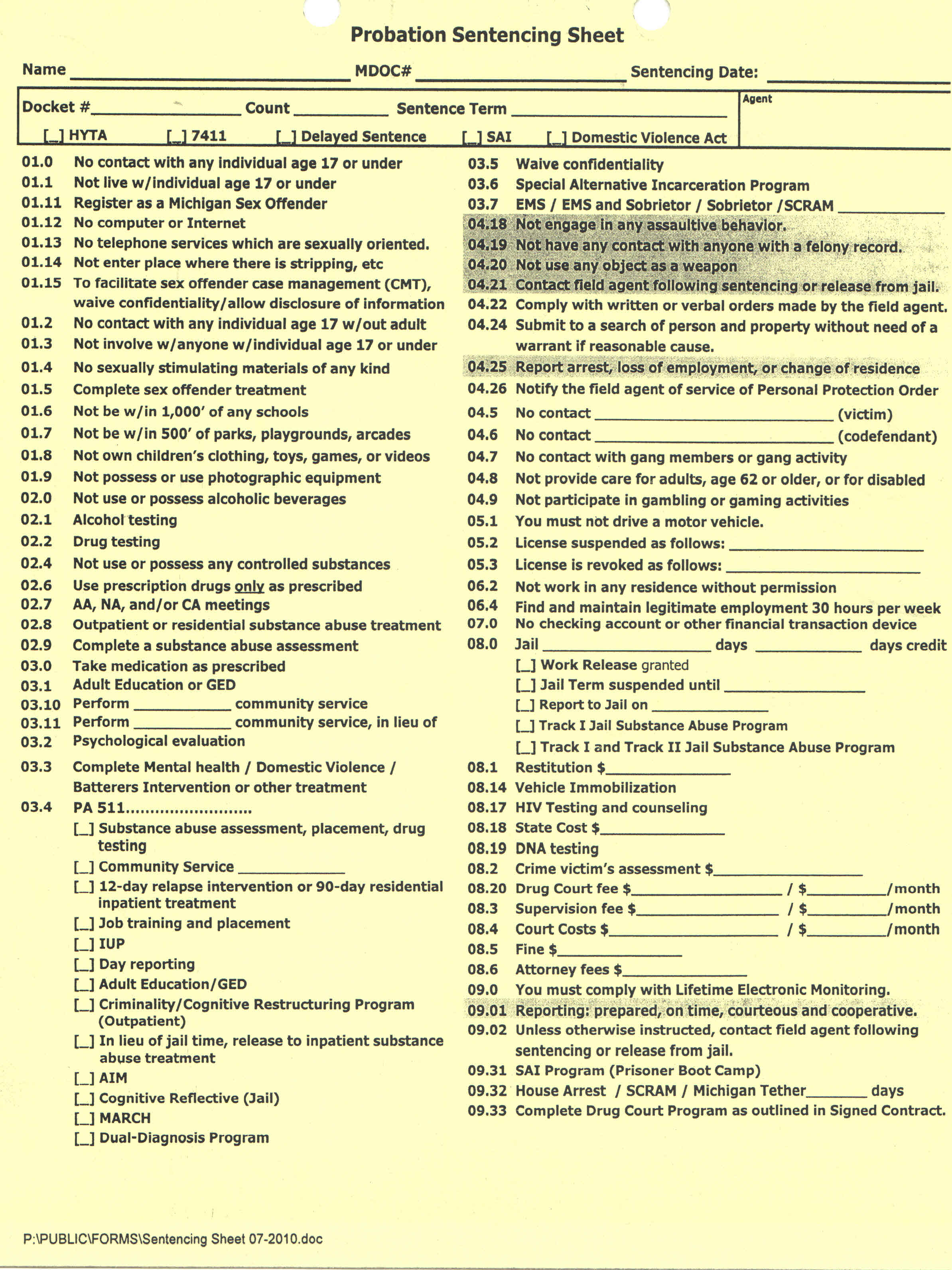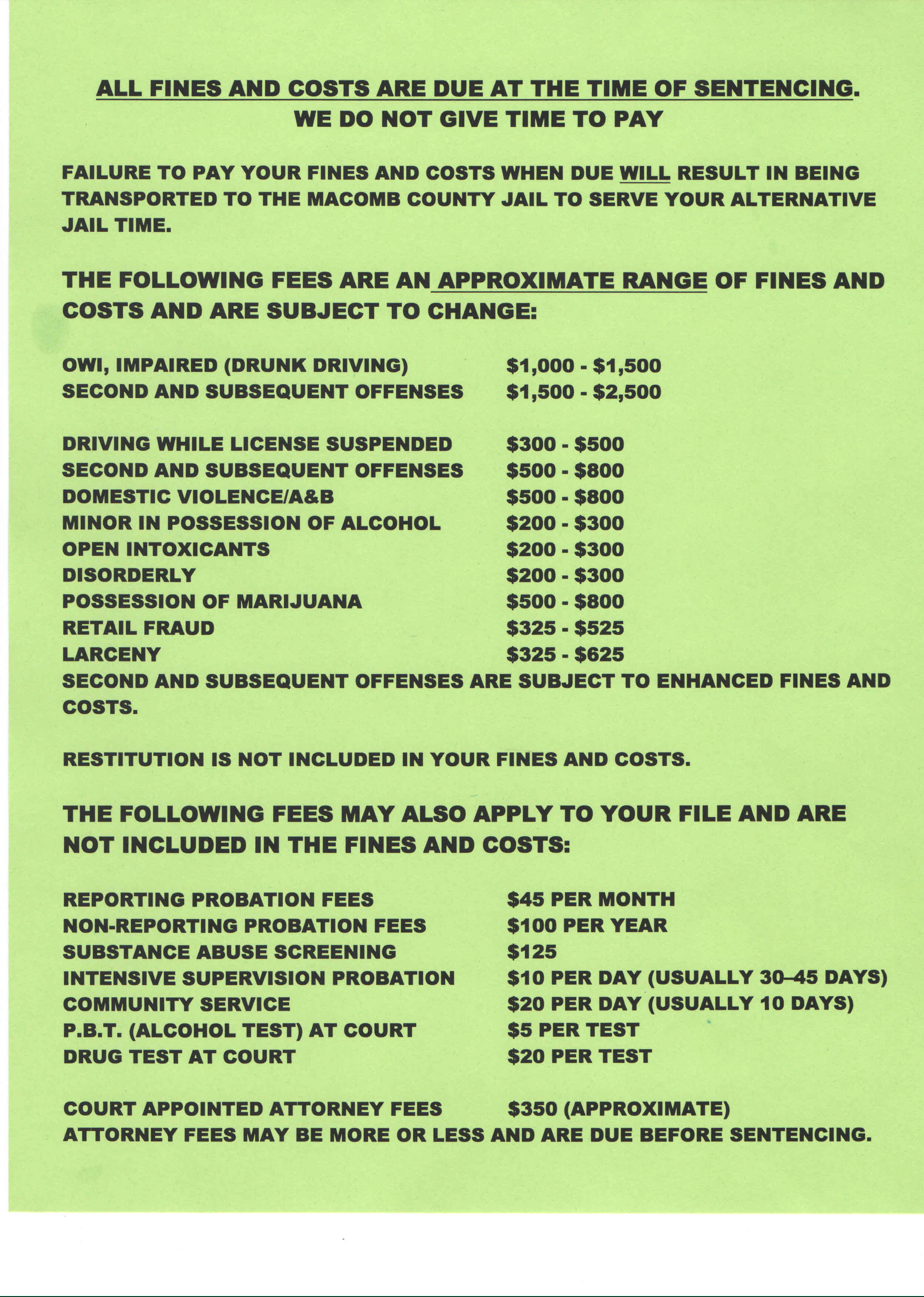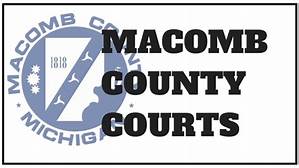![yamunaexpressway[1].jpg](https://www.michigancriminallawyer-blog.com/files/2015/02/yamunaexpressway1.jpg) Our attorneys place a great deal of emphasis on the planning and preparation stage of a Michigan driver’s license restoration case. We prepare a driver’s license restoration case based upon several factors including one’s substance abuse history, diagnosis and prognosis. A large part of planning is organizing the evidence and prioritizing documents which will be submitted to the Driver’s License Appeal Division (DLAD). The evidence which is utilized will vary depending on whether a person is diagnosed as an alcoholic/dependent or an abusive drinker. It is important that a person understand that all evidence submitted for the purpose of a DLAD hearing, including all testimony, will be retained and recorded by the DLAD, and may be used in future hearings.
Our attorneys place a great deal of emphasis on the planning and preparation stage of a Michigan driver’s license restoration case. We prepare a driver’s license restoration case based upon several factors including one’s substance abuse history, diagnosis and prognosis. A large part of planning is organizing the evidence and prioritizing documents which will be submitted to the Driver’s License Appeal Division (DLAD). The evidence which is utilized will vary depending on whether a person is diagnosed as an alcoholic/dependent or an abusive drinker. It is important that a person understand that all evidence submitted for the purpose of a DLAD hearing, including all testimony, will be retained and recorded by the DLAD, and may be used in future hearings.
We are often able to find past documentation that may seem useless such as random alcohol/drug testing results, prior substance abuse evaluations or verification of counseling. On the other side, inappropriate documents or letters which are submitted to the DLAD can cast doubt on the case and devastate any chance of a license restoration for several years. Initially, our firm will ask for certain documentation to prepare for a DLAD hearing, including the following:
1. MASTER DRIVING RECORD: We need to obtain the lifetime history of drinking and driving cases along with all prior substance abuse offenses of the person seeking a license restoration. Therefore, obtain a master driving record from a Michigan Secretary of State office along with any other documentation pertaining to past criminal convictions which involve alcohol or drug crimes before you meet with an attorney. The DLAD will question a revoked person about all prior substance abuse convictions, including non-driving offenses such as minor in possession of alcohol (MIP) or possession of marijuana.
 Michigan Criminal Lawyer Blog
Michigan Criminal Lawyer Blog












![bus-driver-scs-software-s928876[1].jpg](https://www.michigancriminallawyer-blog.com/files/2015/02/bus-driver-scs-software-s9288761.jpg)

![courtroom4[1].jpg](https://www.michigancriminallawyer-blog.com/files/2015/02/courtroom41.jpg)
![500_1188330532_533138_45768535[1].jpg](https://www.michigancriminallawyer-blog.com/files/2015/02/500_1188330532_533138_457685351.jpg) Once arrested, a person charged with domestic violence will be held in jail, usually about 10 to 20 hours. Upon release, the person may have to post a
Once arrested, a person charged with domestic violence will be held in jail, usually about 10 to 20 hours. Upon release, the person may have to post a  Recently Ann Arbor and Huntington Woods have provided some guidance in Michigan’s fractured, complex, and incredibly controversial Medical Marijuana Act. In
Recently Ann Arbor and Huntington Woods have provided some guidance in Michigan’s fractured, complex, and incredibly controversial Medical Marijuana Act. In 
